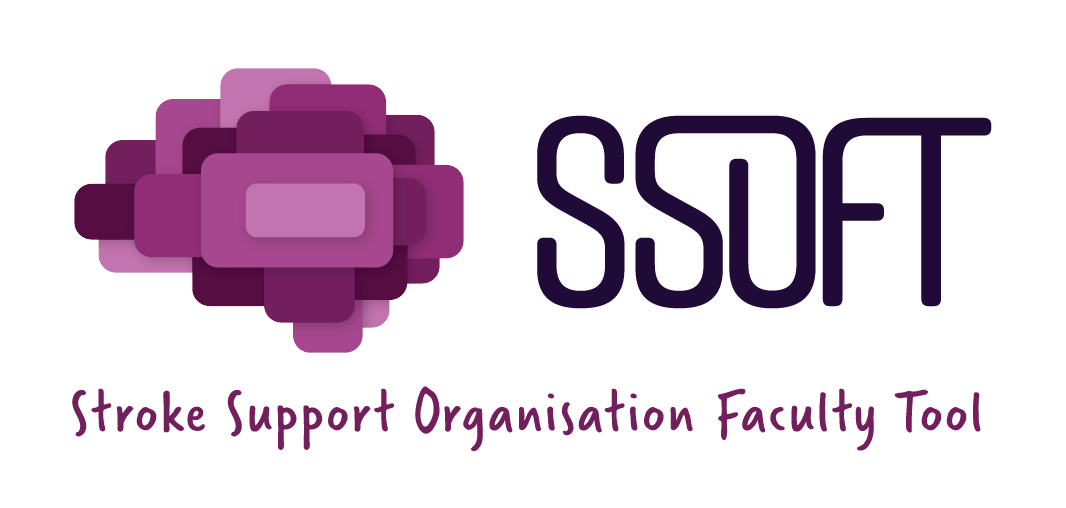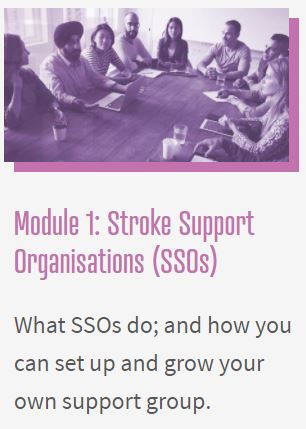
Apr 26, 2018

Brussels, 16 April 2018- The eLearning Module 1 of the Stroke Support Organisation Faculty Tool (SSOFT) is published today at the following address www.ssoft.info.
SSOFT’s first module focuses on the principles around developing and growing SSOs, and is delivered in five sub-modules:
1.1 – What is a Stroke Support Organisation?
1.2 – What is the role of a Stroke Support Organisation?
1.3 – How do you set up a Stroke Support Organisation?
1.4 – Growing your Stroke Support Organisation
1.5 – Stroke Support Organisation networking
The module provides learners with a wealth of knowledge and includes videos, interactive content and activities. Learners will be able to work through the sub-modules at their own pace, earn rewards and share their progress on social media. (more…)

Apr 26, 2018
In the 30 min round-table discussion video on ESUS, stroke experts (Valeria Caso, Perugia, Danilo Toni, Rome, and Martin Grond, Siegen) discuss the definition of ESUS, diagnostic workup of ischemic stroke and potential implications of the ongoing trials in ESUS.
Embolic stroke of undetermined source (ESUS) is a type of ischemic stroke with unknown origin, i.e. for which no probable cause can be identified after standard diagnostic evaluation. In contrast, the term ‘cryptogenic stroke’ is less well-defined and includes strokes with unknown sources which have not been fully evaluated or have more than one potential cause. About 1 in 6 ischemic strokes is an ESUS. Patient who suffer from ESUS tend to be slightly younger than stroke patients in general and strokes are less severe on average. However, the risk of stroke recurrence after ESUS is high: Within 5 years, nearly 1 in 3 patients may again suffer another stroke. (more…)

Apr 16, 2018
Brussels, 16 April 2018- The Stroke Support Organisation Faculty Tool (SSOFT) website goes live today at the following address www.ssoft.info.
The website is a gateway to the new and innovative online eLearning advocacy tool being developed by Stroke Alliance for Europe (SAFE), in partnership with the European Stroke Organisation (ESO). (more…)

Apr 13, 2018
Published first on ScienceDaily
Smoke from wildfires may send people — particularly seniors — to hospital emergency rooms (ERs) with heart, stroke-related complaints, according to new research in the Journal of the American Heart Association, the Open Access Journal of the American Heart Association/American Stroke Association.
Previous studies have shown that wildfire smoke exacerbates respiratory conditions but yielded inconsistent results for effects on the heart, brain or blood vessels. (more…)

Apr 13, 2018
First published on ScienceDaily
Taking part in a hot chili pepper eating contest might have some unexpected consequences, highlight doctors in the journal BMJ Case Reports.
Their warning comes after a young man ended up in emergency care with excruciatingly painful episodic headaches after eating a ‘Carolina Reaper,’ the world’s hottest chili pepper. (more…)









